Lucas Compagnoni
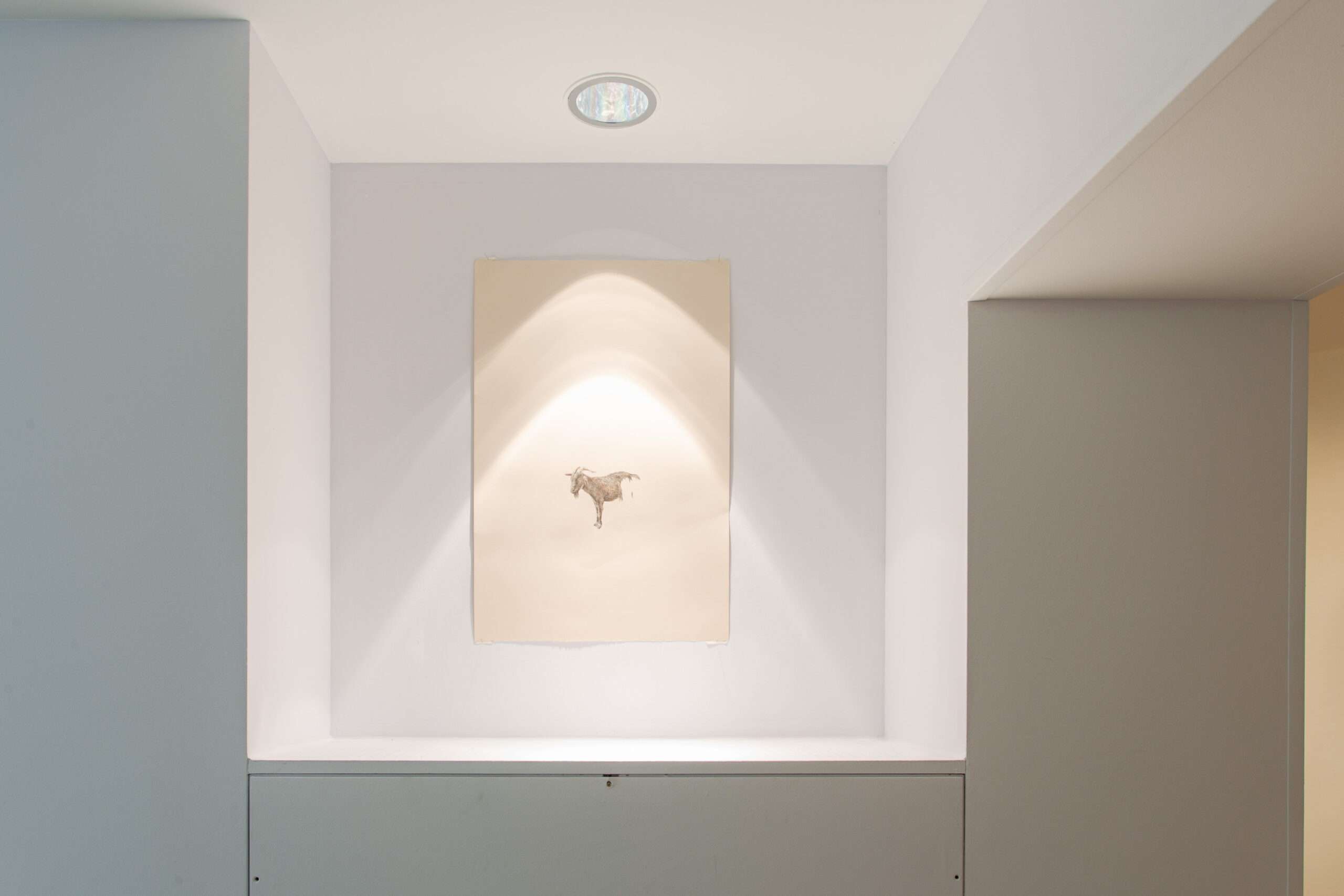
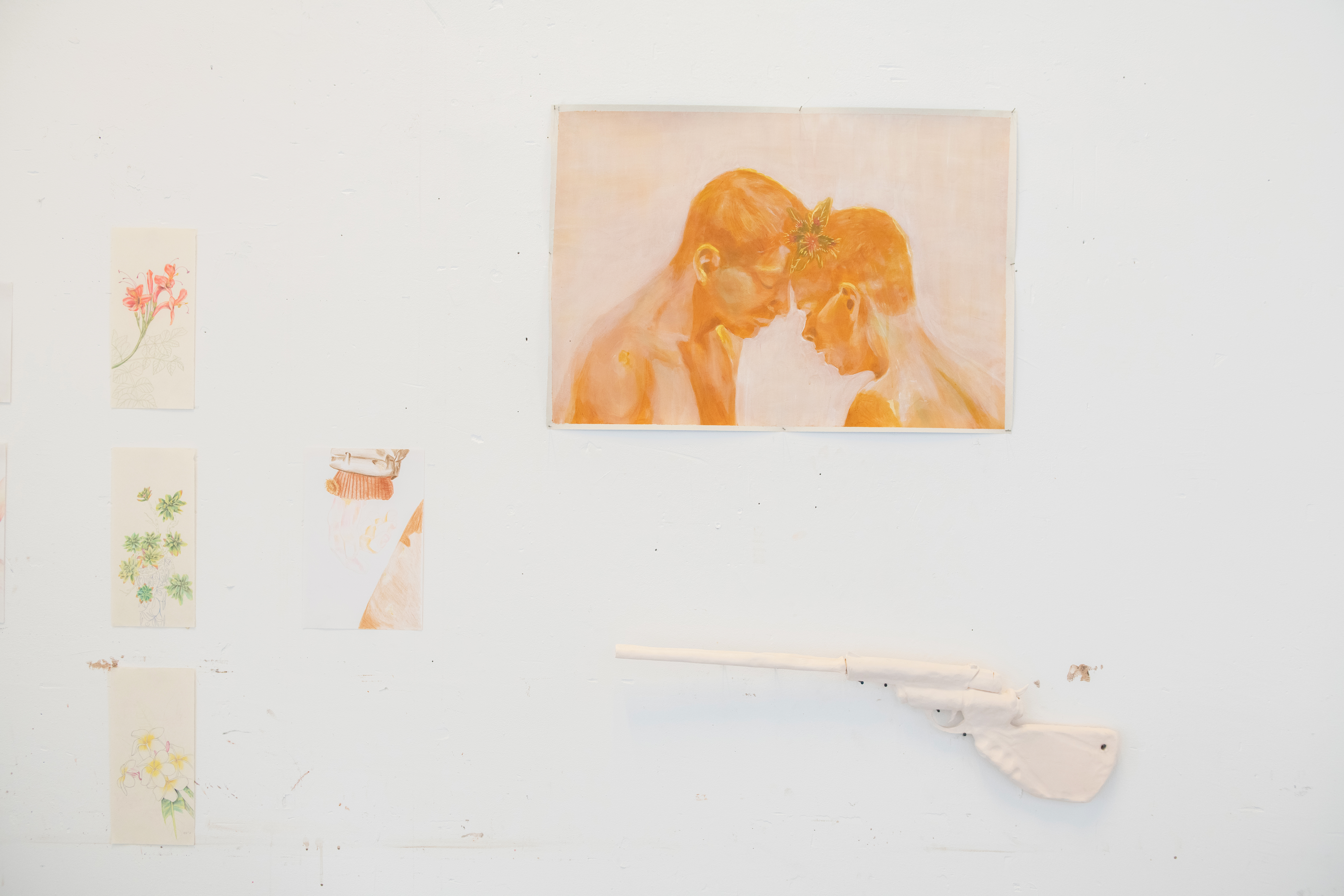
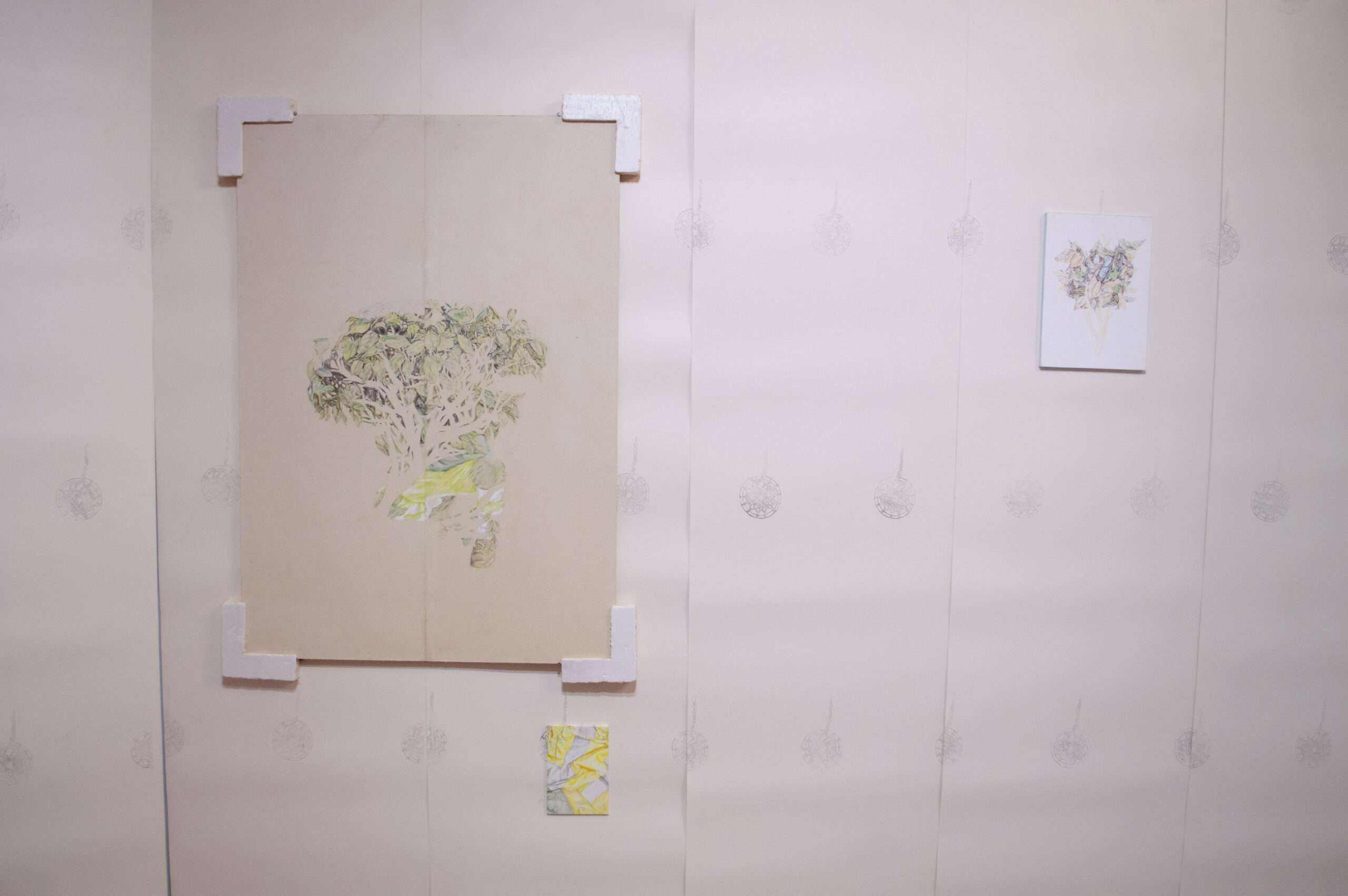
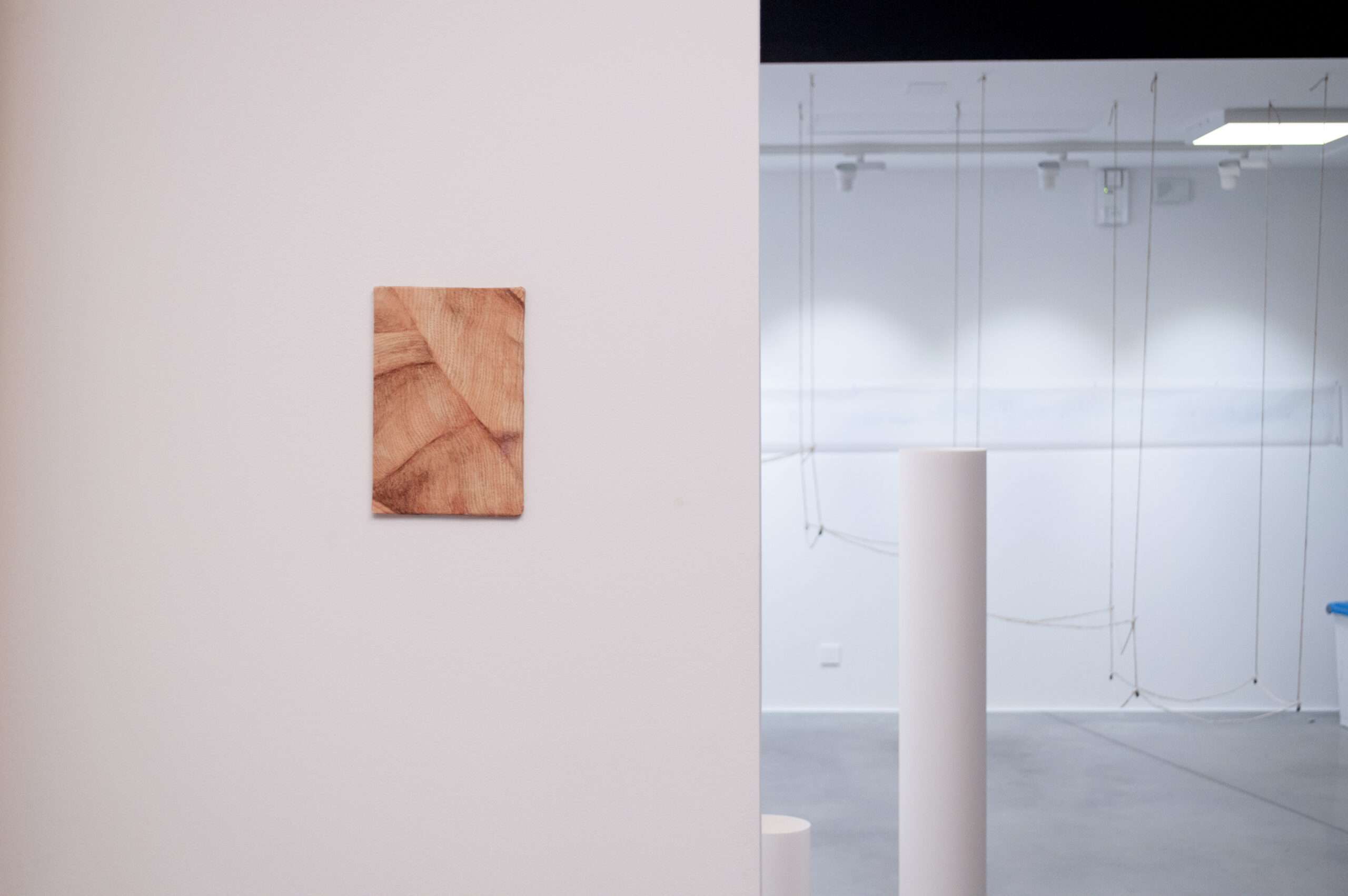
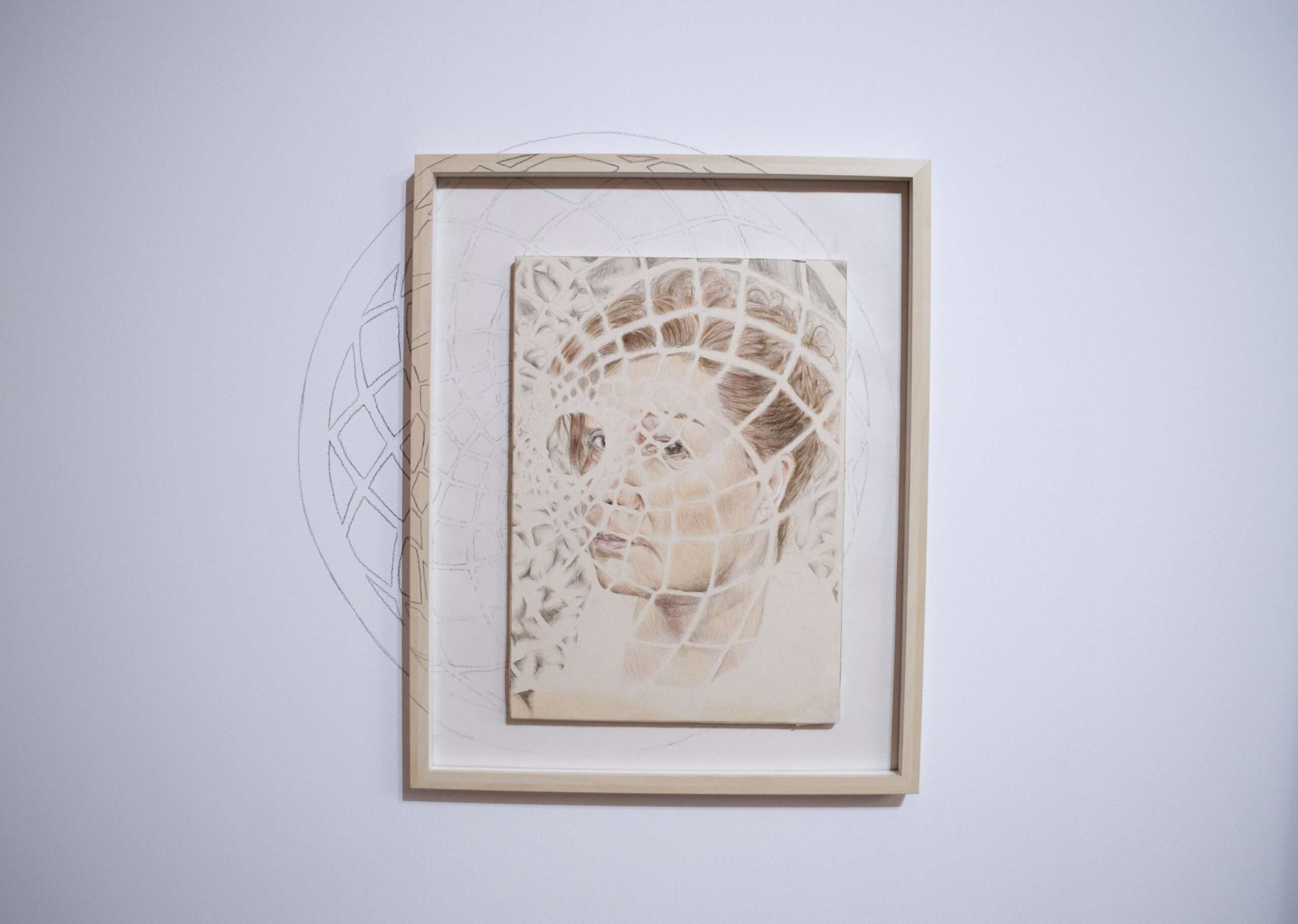
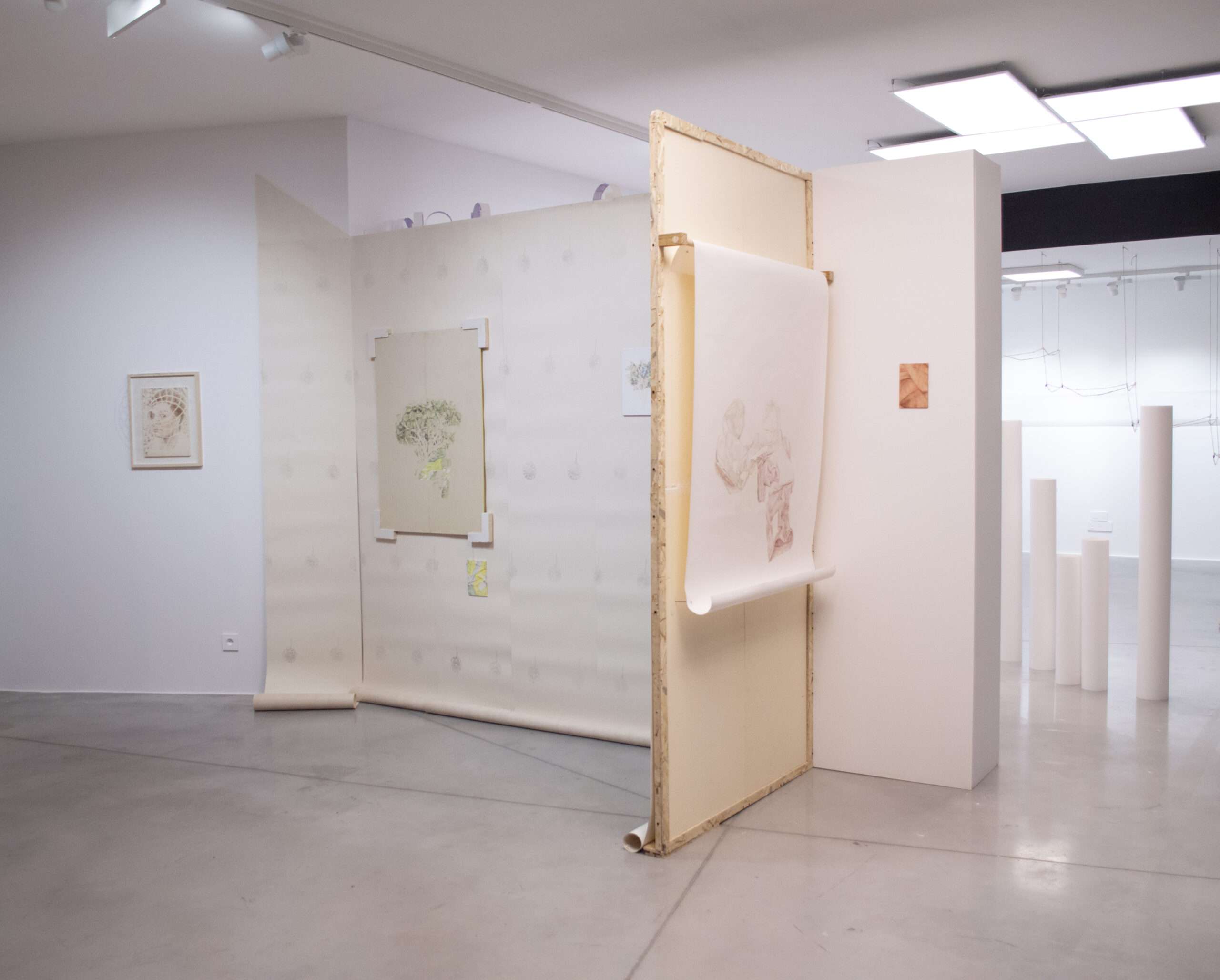
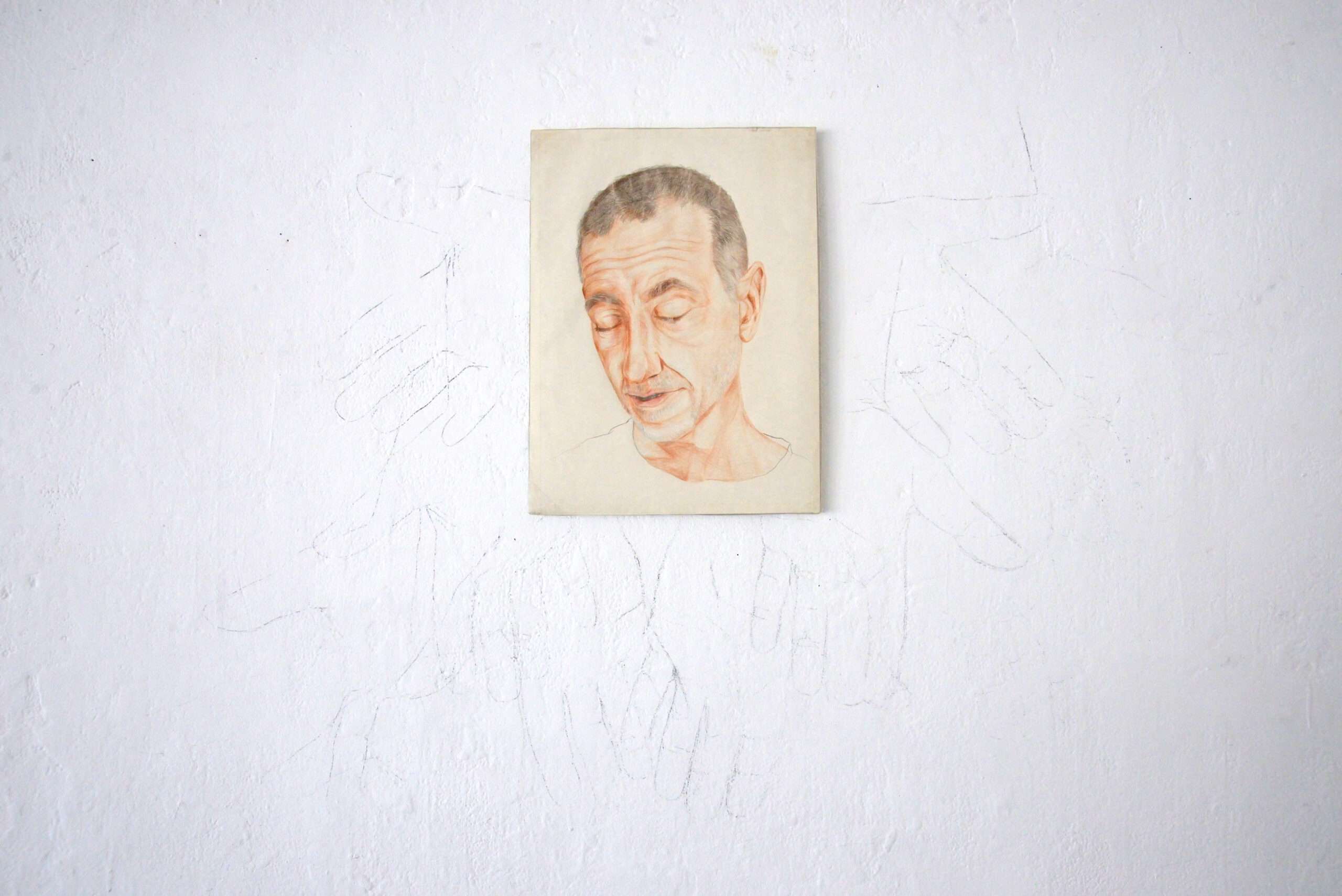
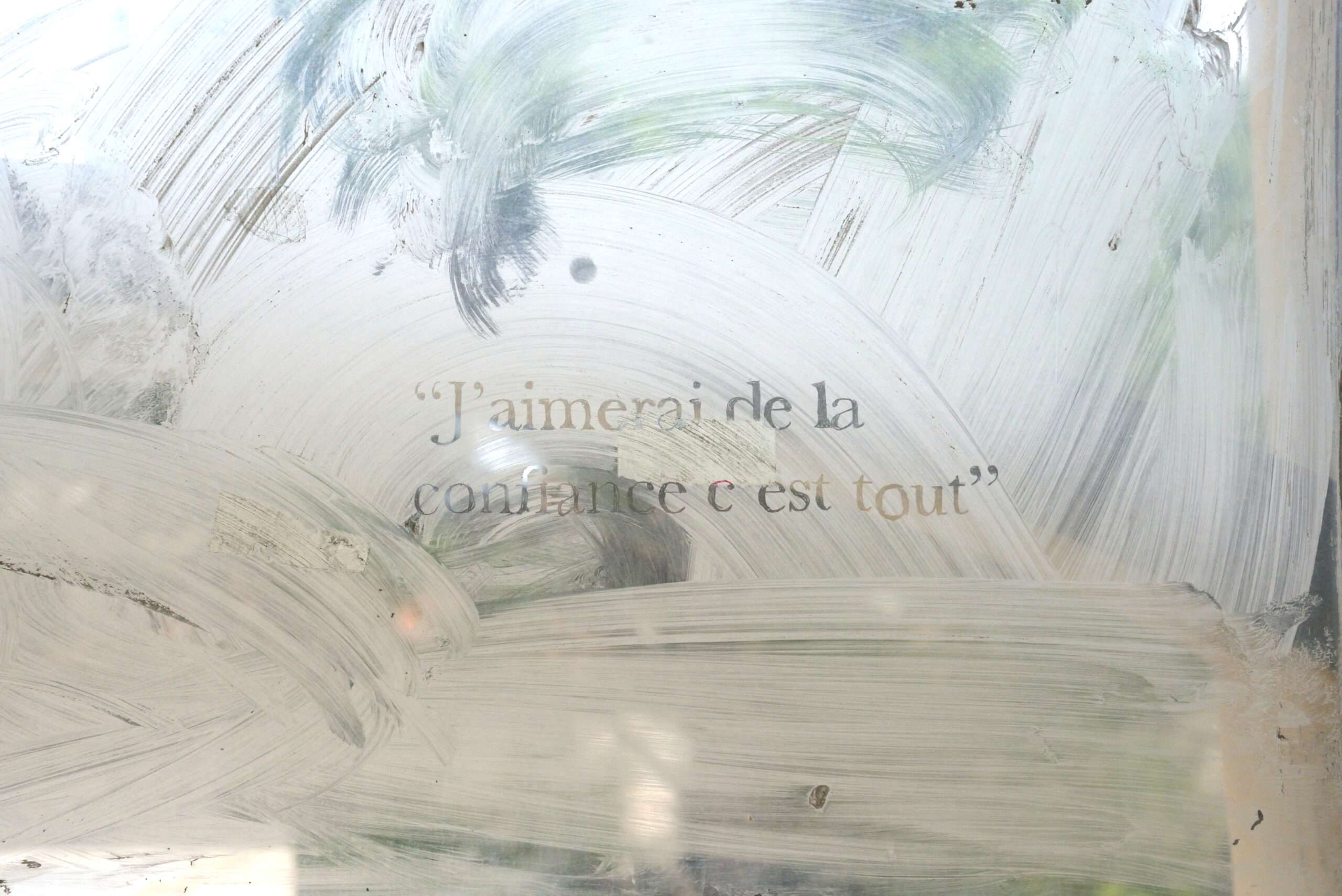
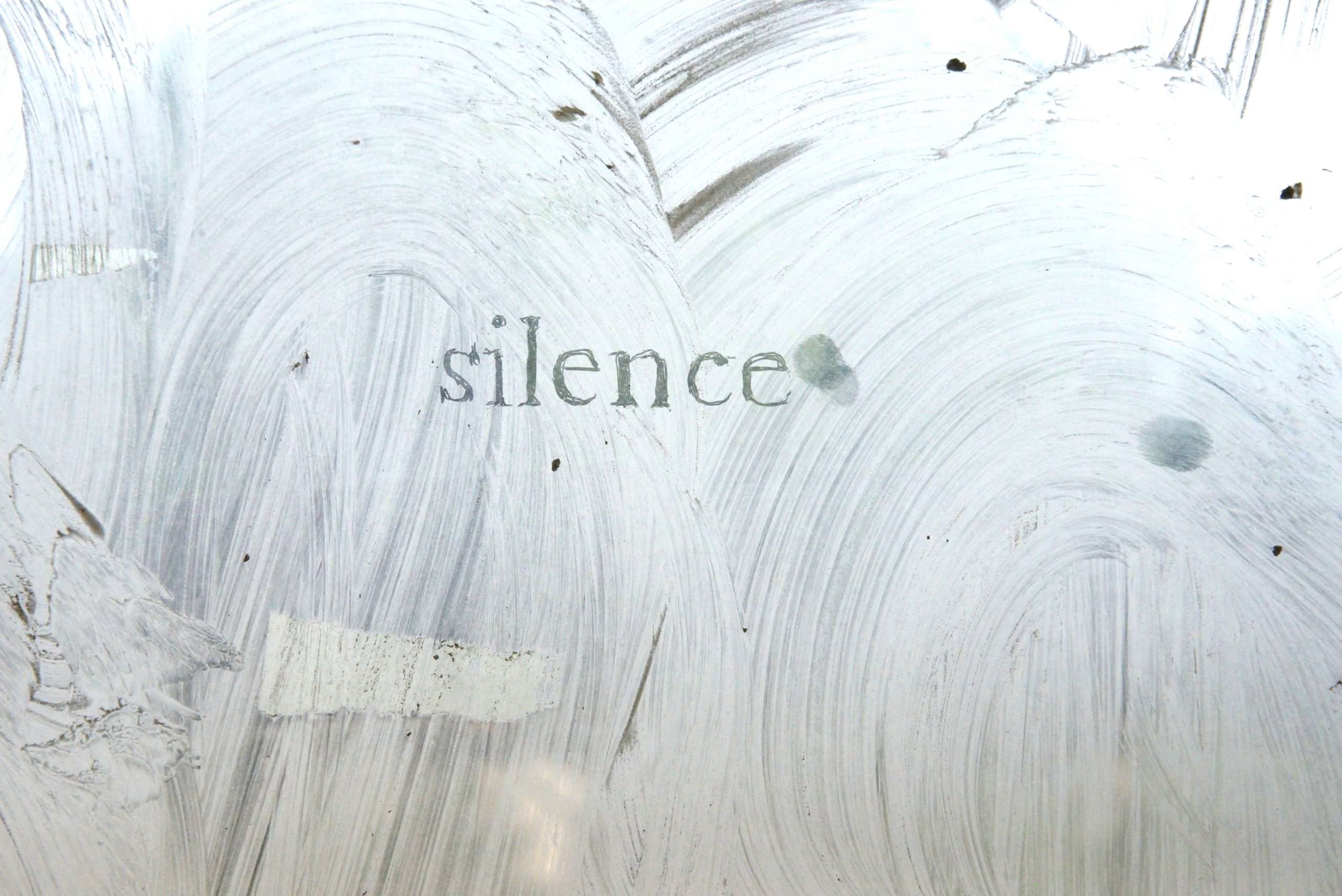
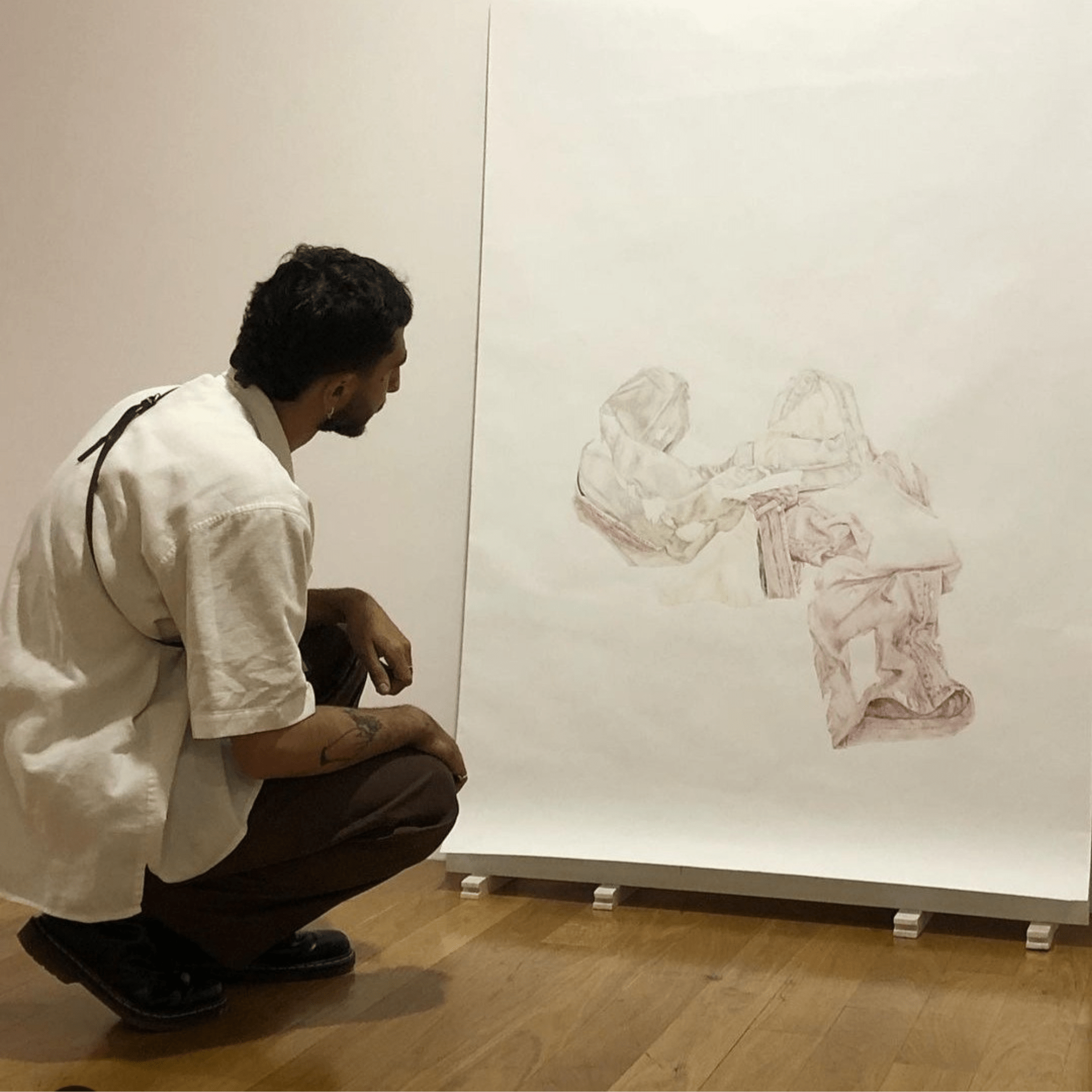
Lucas Compagnoni is a graduate of the Beaux-Arts d’Aix-en-Provence.
The artist is fascinated by human environments and behaviors, of which he tries to be an attentive observer.
He provokes encounters and releases a narrative potential that he rewrites using multiple media. Lucas pays close attention to color and the tension that can arise between figurative and negative space, opening up spaces of projection.
Reservation, lack and emptiness are all ways of drawing shapes and highlighting them through absence.
Lucas Compagnoni is concerned with the conditions of hardship at work and the social role of the working classes. He brings their vulnerable position closer to that of all living things in a body of texts and drawings that tend to unite them in the same environment.
By reappropriating the format of domestic portraits, he aims to put faces on the social bangs known as “invisibilized”. Tiredness and isolation are situations that Lucas Compagnoni aims to bring out of an intimacy that confronts the viewer. In order to provide the viewer with a key to understanding his work, Lucas accompanies his images with text. The “lyrics” are thus collages of texts, putting literary or theoretical quotations about work on the same level as workers’ own words. . “When the work is well done, you don’t see it. Like silence. Silence often coincides with the failure of recognition.”
Thanks to Blanc de Meudon, Lucas Compagnoni leaves the trace of a surface technician’s gesture perceptible on the glass, in which he engraves his text.
One of the branches of his work stems from a reflection on the colonial heritage of garden flora. Tecoma capensis, cycas revoluta and sedum palmeri are just a few examples. The democratization of their ornamental use has blended them into the vernacular landscape. The palm trees that cover the coast are perhaps the strongest symbol of this exotic borrowing, which over time has made them part of the local culture.
We have several important and multiple links with them. First and foremost, we are vitally dependent on them for their nutritional qualities and their role in the air cycle. But we also have emotional, spiritual and initiatory ties.
Lucas Compagnoni is equally concerned with social, economic and ecological issues. The tourism economy, driven by political decisions, has contributed to a shift in their roles and status.
Date:
7 November 2023

